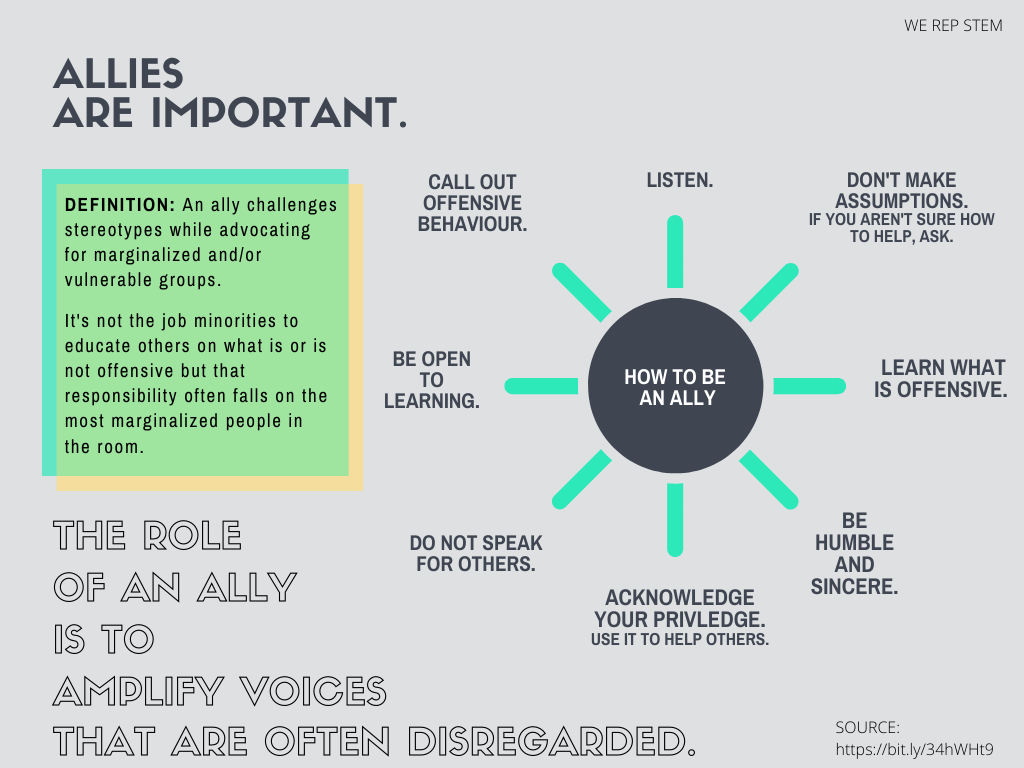Say it louder for the people in the back: Her name is Vanessa Nakate

The Associated Press (AP) has issued an apology after one of its photographers at the World Economic Forum in Davos, Switzerland cropped Ugandan climate change activist and forum invitee Vanessa Nakate out of a photograph she posed in alongside four white women.
The image was distributed globally to AP subscribers, who disseminated the photo without knowing Nakate had been removed.
You didn't just erase a photo
— Vanessa Nakate (@vanessa_vash) January 24, 2020
You erased a continent
But I am stronger than ever pic.twitter.com/J34WMXvPAo
The cropped image received widespread condemnation, including from Nakate herself.
“You didn’t just erase a photo,” Nakate said on Twitter.
“You erased a continent … but I am stronger than ever.”
Fellow activist Greta Thunberg — seen in the centre of the original photo — also responded, saying the cropping was “totally unacceptable in so many ways.”
“It was the first time in my life that I understood the definition of the word ‘racism,'” Nakate said in a video posted on Twitter.
Share if you can
— Vanessa Nakate (@vanessa_vash) January 24, 2020
What it means to be removed from a photo! https://t.co/1dmcbyneYV
“My message was left out and my photo was left out as well.”
AP’s initial explanation was cropping allowed for a close-up of Thunberg, arguably one of the most recognizable faces of the youth climate change movement. AP also said the building Nakate was standing in front of was “distracting”.
But many people saw the cropped image as racist, given that Nakate was the only woman of colour present in the original frame.
AP took the photo out of circulation a day after complaints arose.
After bumbling the initial response, AP Associated Editor Sally Buzbee issued an apology expressing “regret” and adding that management had spoken with its journalists about the “error in judgment.” That was followed up with a personal apology to Nakate.
Vanessa, on behalf of the AP, I want to say how sorry I am that we cropped that photo and removed you from it. It was a mistake that we realize silenced your voice, and we apologize. We will all work hard to learn from this. @vanessa_vash
— Sally Buzbee (@SallyBuzbee) January 26, 2020
“Vanessa, on behalf of the AP, I want to say how sorry I am that we cropped that photo and removed you from it,” Buzbee said on Twitter.
“It was a mistake that we realize silenced your voice, and we apologize. We will all work hard to learn from this.”
RELATED: ‘Death by a thousand cuts’: Real-life examples of microaggressions
“This is a very important issue for the AP, and it’s bigger than a bad mistake on one photo,” Gary Pruitt, president and CEO of the AP said.
“Our values are to cover the world — not the white world, but the whole world. And we need to do it.”
But even in its efforts to rectify the situation AP missed the mark again, by sharing a tweet about the scandal but omitting Nakate’s name:
Anyway my name is Vanessa Nakate
— Vanessa Nakate (@vanessa_vash) January 28, 2020
Thought I would add that https://t.co/xLdHwwsmxT
At the time of this writing, the AP headline still reads: Photo cropping mistake leads to AP soul-searching on race.
In an article posted to the AP newswire, Buzbee said it is “everyone’s responsibility” at the AP to be sensitive of inclusion and not just minority groups.
But the organization is providing a real-time example of the systemic erasure of minority voices in academic, professional, and activist settings.
It is not the responsibility of a minority group to educate others on what is or is not offensive but in many cases, that task continues to fall on the most marginalized people in the room, according to Alberta Health Services. It’s an unfair expectation that is both mentally and physically exhausting.
Although Nakate did not create the scandal, AP did not respond until she brought attention to it.
On any given day minorities enter professional spaces, look around the room, and find that nobody else looks like them. The effects of subtle and seemingly unconscious racism — which AP indicates this is an example of — can add up over time, and cause an individual to suffer from burnout, leave an organization or a career, or develop significant health complications.

Studies show that every individual, regardless of race, gender, or sexual orientation, possesses some degree of unconscious bias. Organizations need to do a better job of training staff to be aware of that fact and understand their staff may need to confront, accept, and move past biases they may not even realize they have.
Data suggests supporting all minority groups — including people of colour, white women, individuals with disabilities, and those from the LGBTQ+ community — isn’t just good from a moral standpoint. It also can help a company’s bottom line, allow employers and schools to develop untapped talent, and give institutions a competitive edge.
It is now 2020.
We need to do better than Twitter apologies, days after an “error in judgment” has been seen around the world.
Image courtesy of Vanessa Nakate/Twitter.

SUPPORT WE REP STEM AND HELP US CREATE MORE RAD CONTENT.
